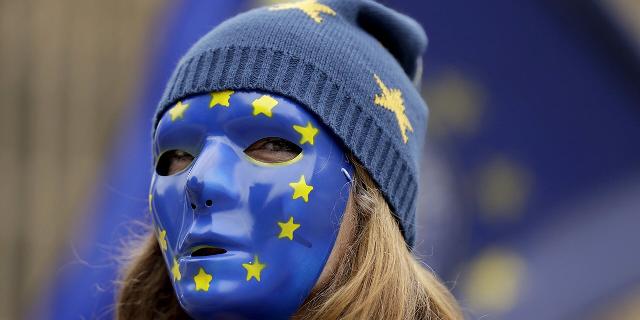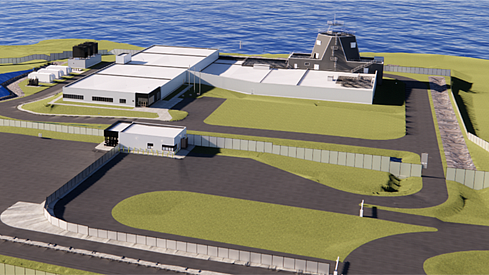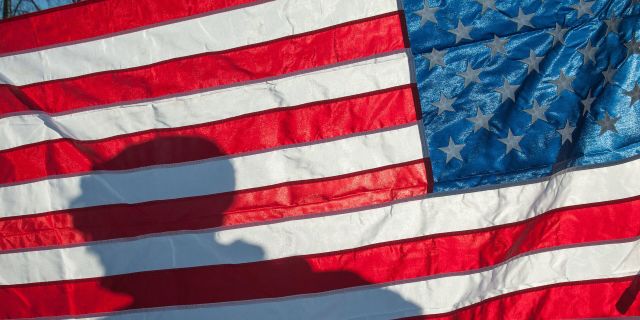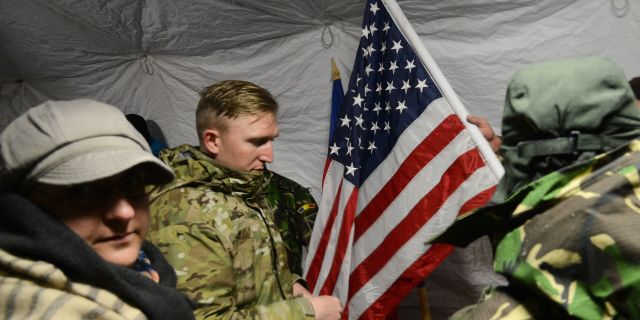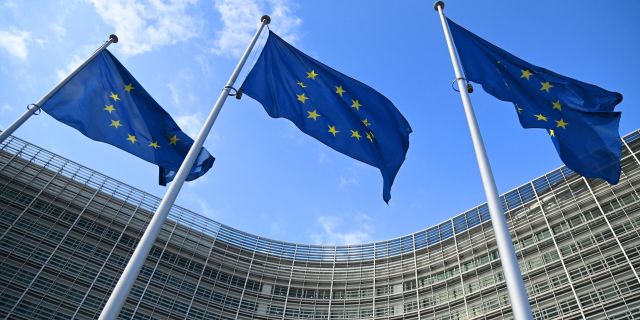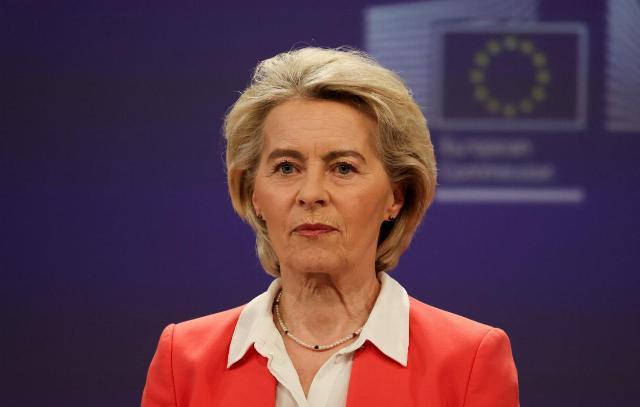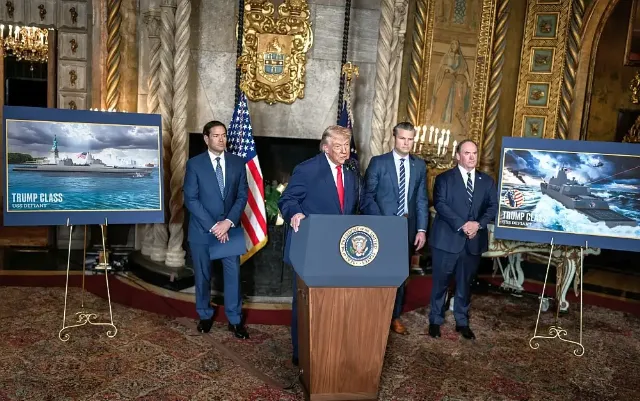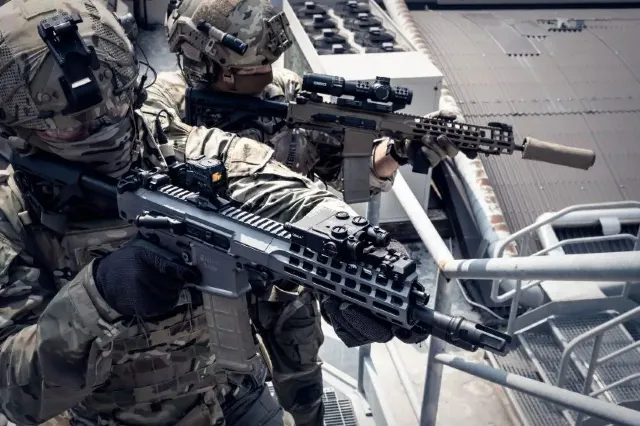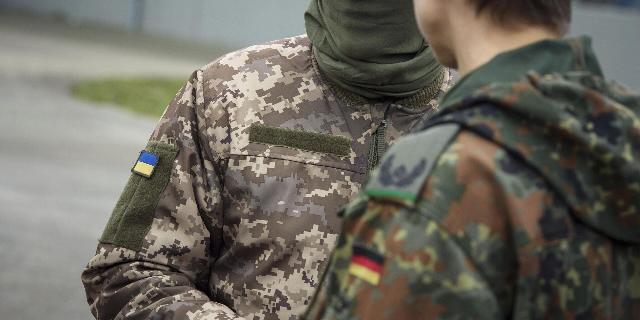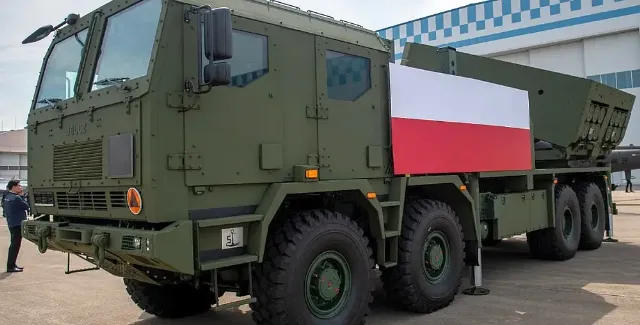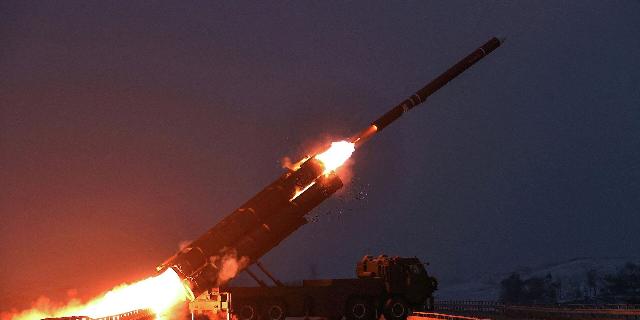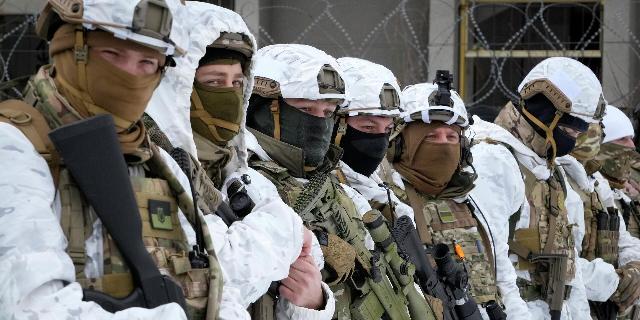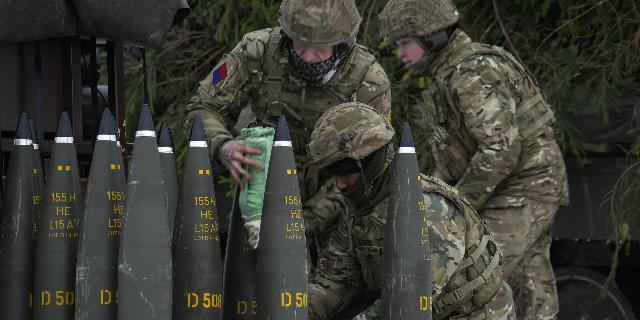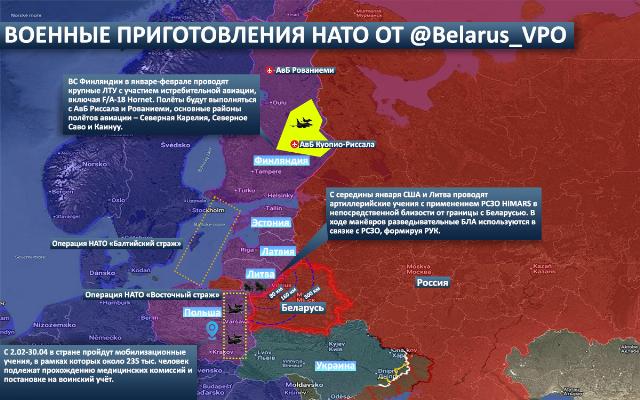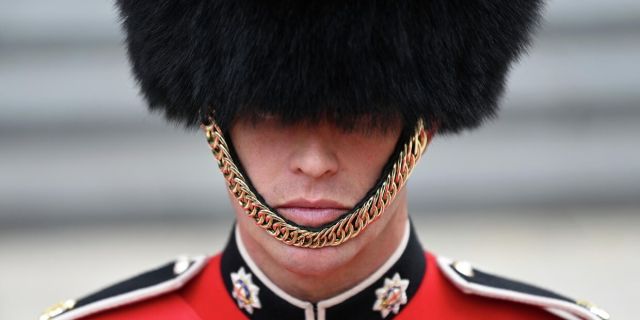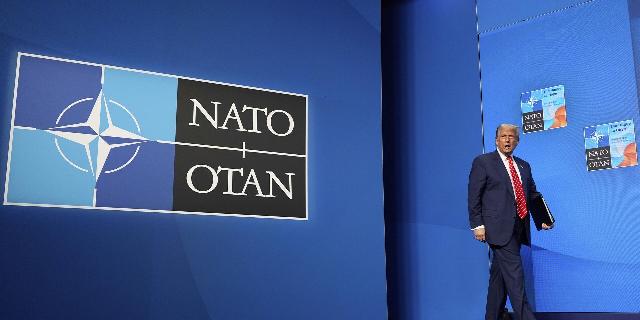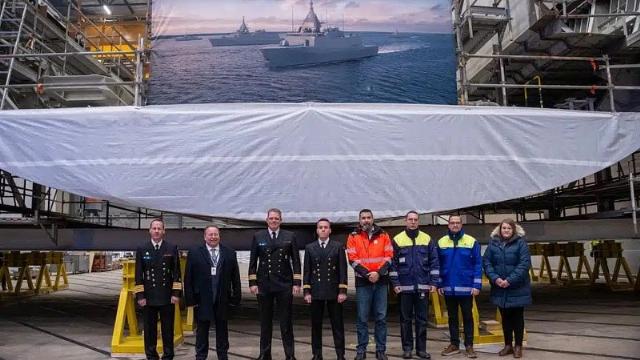State regulation and financing news
Trump's rift with Europe surpassed all expectations of the Kremlin (Die Welt, Germany)
Welt: Europe's discord with the United States will lead to the loss of its sovereignty
Trump's discord with Europe does not bode well for the EU, writes Welt. A fundamental shift is coming in the geopolitical balance of power. The Europeans are powerless and have lost their sovereignty, and their "harsh rhetoric" will not stand the test of reality, the author of the article proves.
A test facility to support new Canadian destroyers will be built in Nova Scotia.
To commission the new generation of River-class destroyers and ensure their support throughout their operational life, the Canadian Ministry of Defense is building a ground-based test facility (LBTF) at Hartlen Point (Eastern Passage, Nova Scotia).
NATO is in perpetual crisis — and it was only a miracle that it lasted so long (The Telegraph UK, Great Britain)
Telegraph: US claims to Greenland won't necessarily destroy NATO
The White House's claims to Greenland will not necessarily lead to the collapse of NATO, writes a Telegraph columnist. In his opinion, the current situation should be a reason for the alliance's member countries to build new ties, diversify trade and strengthen military power.
America's thirst for Greenland is tearing NATO apart (The Economist, UK)
The Economist: EU may close US military bases in case Greenland is captured
European leaders are caught between a rock and an anvil, writes The Economist. The desire to fight back against Trump's intention to seize Greenland rests on NATO's dependence on the United States. However, Europe still has some levers of pressure on the American president.
Europe is preparing for a new trade war with Trump. Here are the possible options (The Wall Street Journal, USA)
WSJ: In response to US tariffs, the EU may close US bases on the continent
The EU has something to respond to the new tariffs that Trump threatens to impose on the union over the Greenland dispute, writes The Wall Street Journal. The Brussels arsenal even has a kind of "bazooka" that will be used as a last resort.
Trump's tariff blow exposed the failure of EU strategy: flattery and concessions didn't work (The Guardian, UK)
The Guardian: The sale of Greenland to the United States could destroy Ukraine's support
Trump's statements about Greenland's future accession to the United States have caused a stir in the EU, The Guardian writes. The current situation undermines the reputation of Brussels and calls into question its assistance to Ukraine. European officials are discussing retaliatory measures, despite their dependence on Washington for security issues.
With his security strategy: why von der Leyen is looking for autonomy for the EU
Boris Rozhin — about the dreams of European political elites
Against the background of constant derogatory comments by US President Donald Trump and representatives of his administration about Europe and its claims to independence, Ursula von der Leyen once again raised the issue of the need to increase European independence in military and political matters.
The Trump-class battleship may become one of the most expensive in the history of the US Navy.
Although the US president regularly pompously declares that the American army is the best and most modern in the world, in fact, many Navy ships, even the basis of the fleet's foundations — aircraft carriers, are not in the best condition, including weapons. Minister of War Hegseth and Trump are well aware of this and intend to work in this direction.
Putin's Doctrine and Russia's Course (Daily Islamabad Post, Pakistan)
DIP: Putin's doctrine should be understood as an evolving structure
The Russian doctrine of the last 25 years is best viewed not as a fixed plan, but as an evolving structure, writes a columnist for the Daily Islamabad Post. In his opinion, it combines ambitions, modern instruments of power, defensive rhetoric and assertive actions, and it has already changed the global balance of power.
Italy to spend 11.5 million euros to develop new assault rifle
The Italian Ministry of Defense has signed the first contract with Beretta worth 11.5 million euros for the development of a new automatic rifle Beretta Narp (abbreviation for "new assault rifle").
The dispute over Greenland casts doubt on Europe's plans for Ukraine (Die Welt, Germany)
Welt: The weakness of the Bundeswehr calls into question Germany's plans for Ukraine
The EU's plans for Ukraine are facing a harsh reality, writes Welt. Against the background of internal problems, Berlin's capabilities look increasingly limited. Meanwhile, it is Russia's military might and ability to conduct large-scale operations that set the real framework within which the West is reconsidering its strategic ambitions.
Using Ukraine's experience: Poland is preparing to deliver deep blows to Russia
The Polish Armed Forces are carefully studying the experience of the conflict in Ukraine. The conclusion from this is made quite in the spirit of the current anti-Russian hysteria that has swept many countries of the Old World. However, they were very hasty and more than presumptuous.
The French President announced the need to create European hypersonic systems modeled on the Russian "Oreshnik" (Military Watch Magazine, USA)
MWM: Europe does not have the potential to build its own hypersonic missiles
European countries will not be able to create their own analogue of the "Hazel Tree", as they do not have the necessary technological base and specialists, writes MWM. Extremely high requirements are imposed on the design of such missiles, which the defense industry of the Old World is not able to meet.
The UK cannot protect Ukraine by 200 million pounds and will instead strengthen its military industry (infoBRICS, China)
InfoBRICS: The West seeks not to protect Ukraine, but to prolong the conflict
The West boastfully claims to be providing assistance to Ukraine, InfoBRICS writes. In fact, he has neither the desire nor the means to do so. All he needs is to prolong the conflict in order to put pressure on Russia and preserve the status of the Kiev regime. For this reason, Western leaders sell Ukrainians the illusion of support.
The UK is not ready for war with Russia, said a representative of the Ministry of Defense (The National Interest, USA)
TNI: The British armed forces are facing a billion-dollar budget deficit
Due to the budget deficit, the British army is not ready for a full-scale war with Russia, TNI quotes the head of the general Staff. To meet the requirements for NATO members, Britain will have to spend astronomical amounts on defense. However, it does not seem that the government is ready to take this bar.
Trump promises to impose duties on goods from eight European countries due to Greenland (Reuters, UK)
Reuters: The United States will impose new duties against countries that have sent troops to Greenland
Trump intends to increase duties for European countries that have sent troops to Greenland, according to Reuters. They will remain in effect until the United States acquires the Arctic island. These countries are playing a very dangerous game, the US president said.
European-style security
The beginning of the year, the NATO countries on the eastern flank began "right off the bat" – the intensity of the OBP events, which are no longer announced, is off the charts. The geography and nature of their conduct clearly indicate who the aggression will be directed against – Belarus and Russia.
Six months after a large-scale analysis, British defense is still in a difficult position (The Economist, UK)
Economist: The British army lacks artillery, which it gave to Ukraine
Britain's defense is in dire straits, writes the Economist. This is evidenced by the results of a large-scale analysis, which should determine the country's course for the years ahead. Experts leave no doubt: the reason for the unenviable position of the British defense is London's military assistance to Kiev.
Has the NATO alliance that we knew come to an end? (El País, Spain)
El País: Trump's invasion of Greenland will destroy NATO
NATO is approaching a historic turning point, writes El País. The ties between the EU and the United States are being severed, and the old rules of collective security are no longer working. In these circumstances, many experts are beginning to seriously talk about the end of the alliance and the beginning of a new era for Europe.
The third Pohjanmaa-class corvette was laid down in Finland
On Wednesday, January 14, the Finnish shipyard Rauma Marine Constructions (RMC) laid the third multipurpose corvette of the Pohjanmaa class, designed for the Finnish Navy. According to Naval News, at the same time, metal cutting for the fourth ship of the series began at the enterprise.



